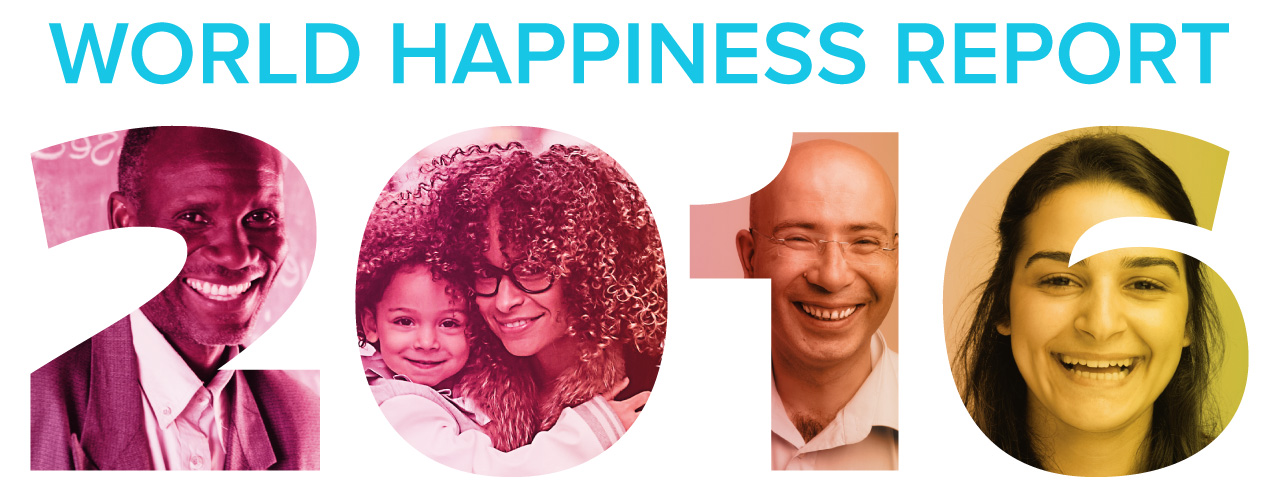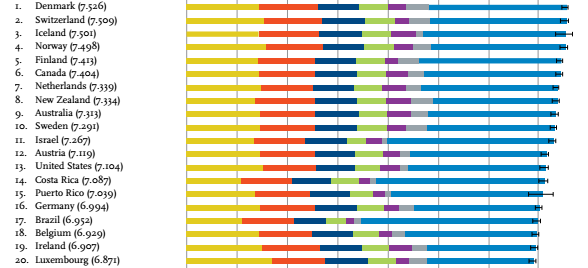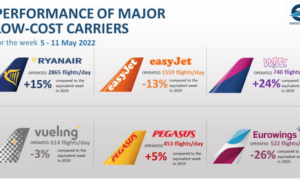Expats …. if you want to optimize your “happiness,” however you choose to define that, you need to head for either Europe or the Oceana region, which includes Australia and New Zealand.
The World Happiness Index 2016 was just released yesterday, and it finds Europeans are happy. Really happy. Pharrell Williams happy, especially Danes.
Denmark once again is ranked the happiest country in the world. But Denmark, with a 7.526 rating on a scale of 10, is closely followed by Switzerland, 7.509 and Iceland, with a 7.501 rating. European countries nabbed seven of the Top 10 rankings, and 12 of the Top 20.
Before you scoff, and we can sense you getting ready to scoff, this is a surprisingly rigorous scientific study by a group of independent experts “acting in their personal capacities,” but commissioned by the United Nations, according to the introduction. The report was released in advance of the UN’s International Day of Happiness, March 20.
To prove happiness is serious business, The Happiness Report has 77 pages of theories, metrics, facts, figures and measurements drawn from a global poll conducted by Gallup.
The researchers use “life evaluations” as the central measure for making international comparisons. Life evaluations based on life circumstance are a way to work around the fact that people generally are happier on the weekend than during the workweek, according to the report. The key technique is Cantril’s Ladder.
From the report:
Our main analysis of the distribution of happiness among and within nations continues to be based on individual life evaluations, roughly 1,000 per year in each of more than 150 countries, as measured by answers to the Cantril ladder question: “Please imagine a ladder, with steps numbered from 0 at the bottom to 10 at the top. The top of the ladder represents the best possible life for you and the bottom of the ladder represents the worst possible life for you. On which step of the ladder would you say you personally feel you stand at this time?”
Some of the measures are subjective, some objective. There are: GDP, life expectancy, generosity, social support, freedom, and corruption.
So, here’s the Top 20:
Okay, here’s where they lost us: You see Luxembourg there at No. 20, one of the wealthiest and most tranquil pieces of real estate on God’s Green Earth? Well, No. 21 is Mexico, which has some of the highest rates of crime and corruption in the world. Huh?
Part of it is, an imaginary country called “Dystopia” is the benchmark. Dystopia has values “equal to the world’s lowest national averages for 2013-2015 for each of the six key variables. That and Mexico’s GDP is among the world’s highest, at No. 15, just two places ahead of the Netherlands as ranked by the CIA World Fact Book. If there is a real Dystopia, it’s Burundi, the least happy place on Earth, ranked No. 157.
The United States turns in a lukewarm performance at lucky No. 13, but is up two spots from No. 15 in 2015.
Still, watch report author Jeffery Sachs in the above video if you want a sobering assessment of where the U.S. is headed. In it, Sachs attributes the relatively low ranking, considering it’s the wealthiest country in the world, to the “deterioration of American social fabric. Social trust is deteriorating. Faith in government is deteriorating.”
A surprising number of European countries we think of as happy, such as Great Britain, Italy and France, didn’t even make the Top 20. Greece, No. 99 and Portugal, No. 94, barely made the Top 100, ranked down the list with mopey countries such as Tunisia and Pakistan. In fact, on page 28 of the report, the authors address Greece, which has the highest drop in happiness.
The argument was made in World Happiness Report 2013 and World Happiness Report 2015 that the strength of the underlying social fabric, as represented by levels of trust and institutional quality, affects a society’s resilience in response to economic and social crises. We gave Greece, which remains the biggest happiness loser in Figure 2.3 (improved from World Happiness Report 2015, but still almost 1.3 points down from 2005-2007 to 2013-2015), special attention, because the well-being losses were so much greater than could be explained directly by economic outcomes.
Their conclusion is, the fabric of Greece life was rent asunder by continuing economic crises, corruption and the failure of government and social institutions. They note research showing the opposite in Japan … that social capital is so great there the Great East Japan Earthquake of 2011 actually led to increased trust and happiness in the area of Fukushima, Japan.
Which all proves that all you need to be happy is comparative affluence, strong social ties and a society that functions in the best interests of citizens. Easy-peasy.
About the World Happiness Report editors:
World Happiness Report was prepared by the Sustainable Development Solutions Network, an international panel of social scientists that includes economists, psychologists and public health experts commissioned by UN Secretary General Ban Ki-moon, according to the report.
Jeffrey D. Sachs is director of the Earth Institute and the UN Sustainable Development Solutions Network, Special Advisor to United Nations Secretary-General Ban Ki-moon on the Sustainable Development Goal.
Richard Layard is Director, Well-Being Programme, Centre for Economic Performance, London School of Economics and Political Science.
John F. Helliwell is senior fellow and Co-Director of the Canadian Institute for Advanced Research (CIFAR) Programme on Social Interactions, Identity, and Well-Being.
















